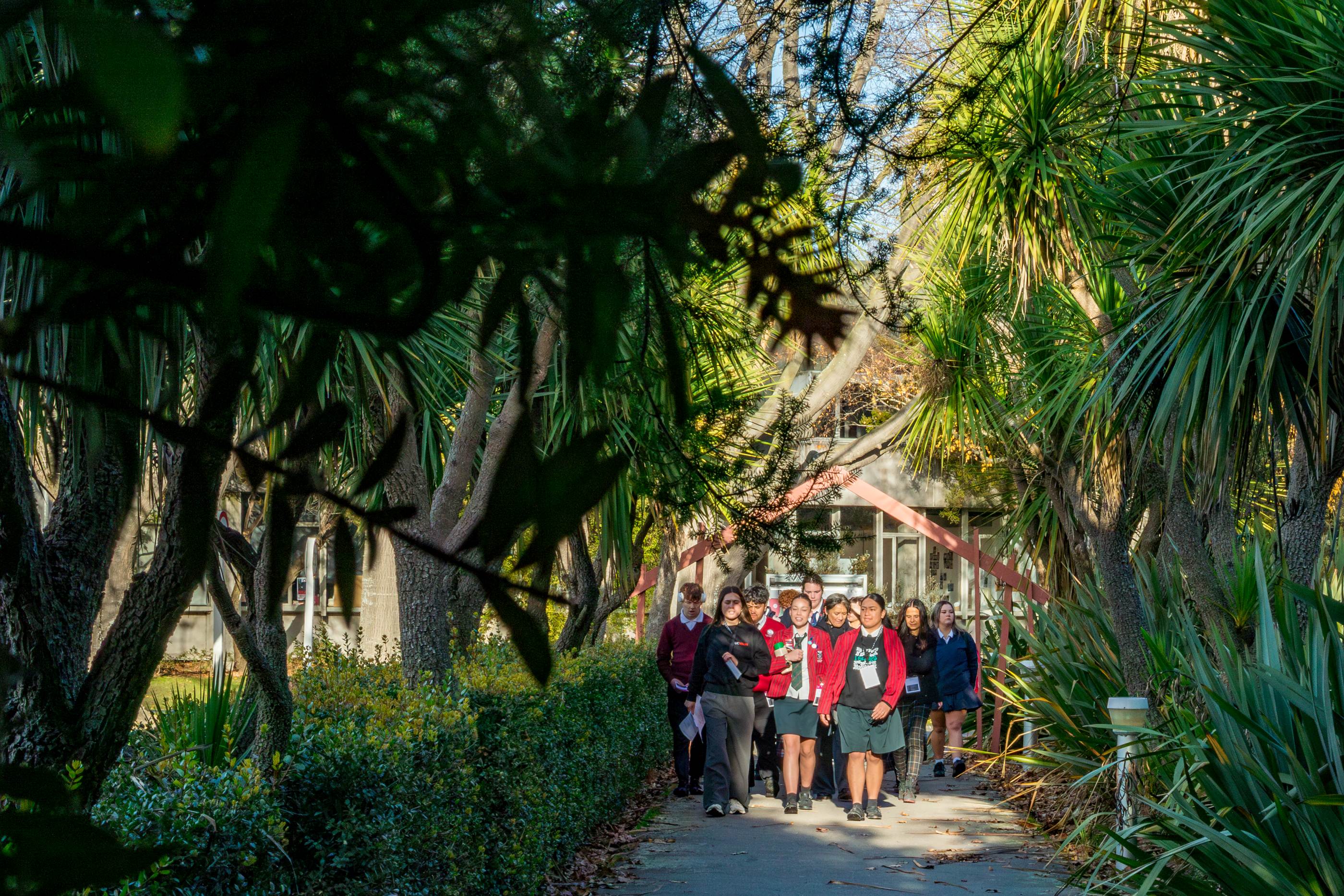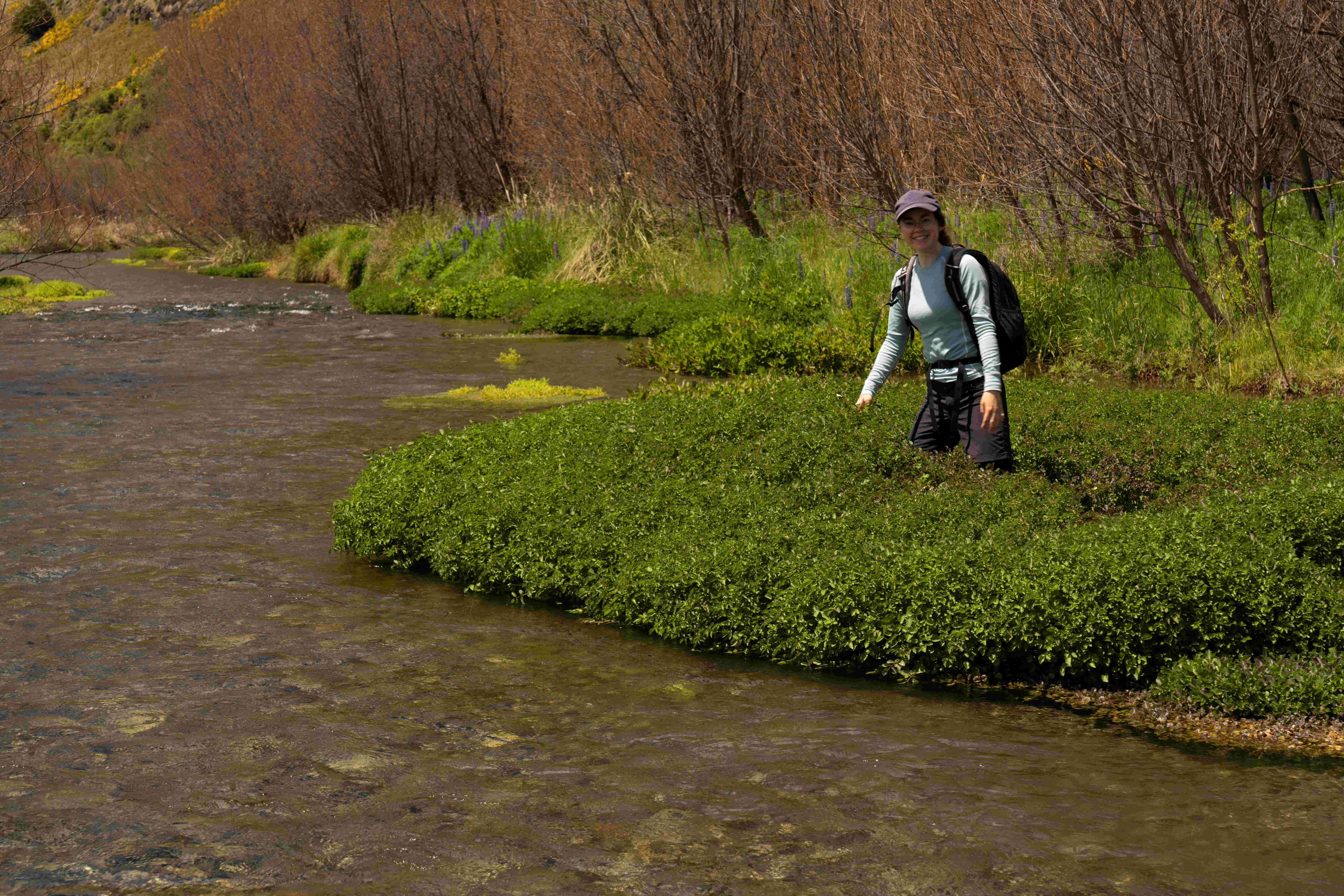Photo caption: Master of Hōaka Pounamu | Māori Bilingual and Immersion Teaching and Learning graduate Ratu Lolohea wants to keep learning in order to benefit his community.
After two decades as a teacher, raising five rugby-playing children, and coaching and managing club rugby teams, Ratu has added a Master of Hōaka Pounamu | Māori Bilingual and Immersion Teaching and Learning from Te Whare Wānanga o Waitaha | University of Canterbury (UC) to his scoreboard of achievements.
Ratu, who was born in Tonga and moved to New Zealand when he was 10, will celebrate his graduation in September, after two years of full-time study. He says there’s a lot of cross over between techniques for coaching young people in sport and educational concepts.
“In both education and in sport, having coaching and support is crucial for making progress. While it’s possible to go it alone, it’s much easier with guidance from others. It’s important to seek advice from those who can help you move in the right direction.”
Ratu says he decided to begin his master’s degree to upskill and help his community achieve more in academia. “It’s really difficult to apply the principles of education to a diverse group. A one-size-fits-all approach to education doesn’t work sometimes.
“We’ve got to help our Pacific community use the skills they have to move forward into a diverse and very fast-paced environment, while still being themselves. I want to support a bicultural education. I can speak Tongan but I’m also learning Māori and improving my knowledge of Māoritanga.”
He is keen to encourage more Pacific and Māori students to follow his example and discover the benefits of a tertiary education. He is currently a Pacific mentor at UC as well as an executive member of Te Akatoki Māori Students’ Association.
“I think education isn’t talked about enough in our community. There is a lot of acceptance of what is and not a lot of critique,” he says. “Especially with growing Pacific communities in the South Island, we hope that we can boost the number of Pacific students getting into higher education. There needs to be a feeling that higher education is relevant for them and they can thrive in that environment.
Ratu says relationship building and fostering trust between the community, teachers and students is a vital part of the learning process. This is known as whanaungatanga in te ao Māori and tauhi vā in Tonga.
“It’s really vital to have that knowledge and understanding between students and teachers; being able to talk to the students and find out what they need and what educational approach will work for them.”
Ratu has taught mainly in primary schools, including several years at St Teresa’s School in Christchurch, and most of his coaching has been for the Marist Albion Rugby Club in Papanui.
He’s about to start a PhD exploring the role of sport in maintaining and revitalising culture among women. All his four daughters play rugby, including Martha Mataele (nee Lolohea) and Atlanta Lolohea who have both played for the Black Ferns and locally for Matatū – both sisters were part of Matatū’s championship-winning Super Rugby Aupiki side of 2023 – so it’s a topic that’s close to his heart.
“It’s directly relevant to me, and I feel there’s a lot to be learnt,” he says. “The more support we can give our young ladies the better. I think it’s really important in the broad scheme of things.”
Ratu believes learning is a lifelong process and is keen to challenge himself by launching into his PhD research. “I know that’s a cliché, but it’s true. You can’t leave your mind, your body and your spirit to wither. They all need to be taken care of throughout your life. If you look at the cultures and the people that do those things, they lead a fruitful and happy life.”
 Sustainable Development Goal (SDG) 4 - Quality Education.
Sustainable Development Goal (SDG) 4 - Quality Education.


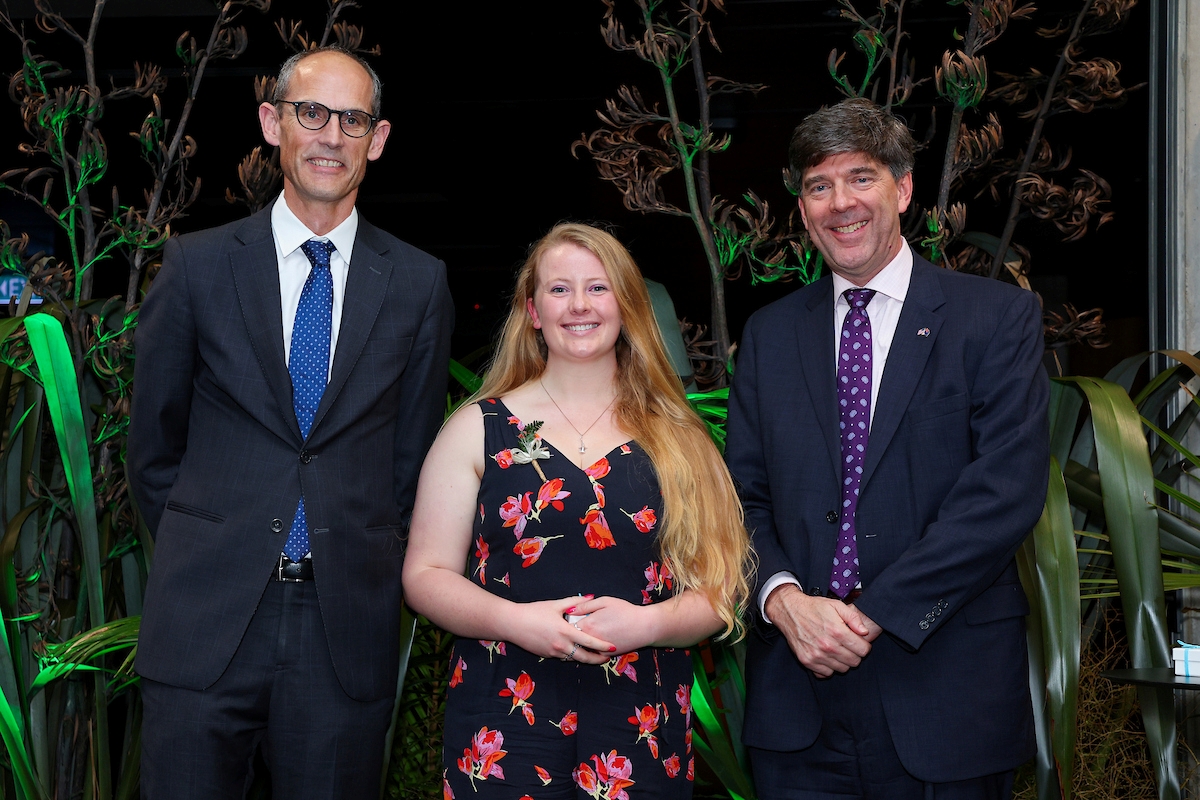
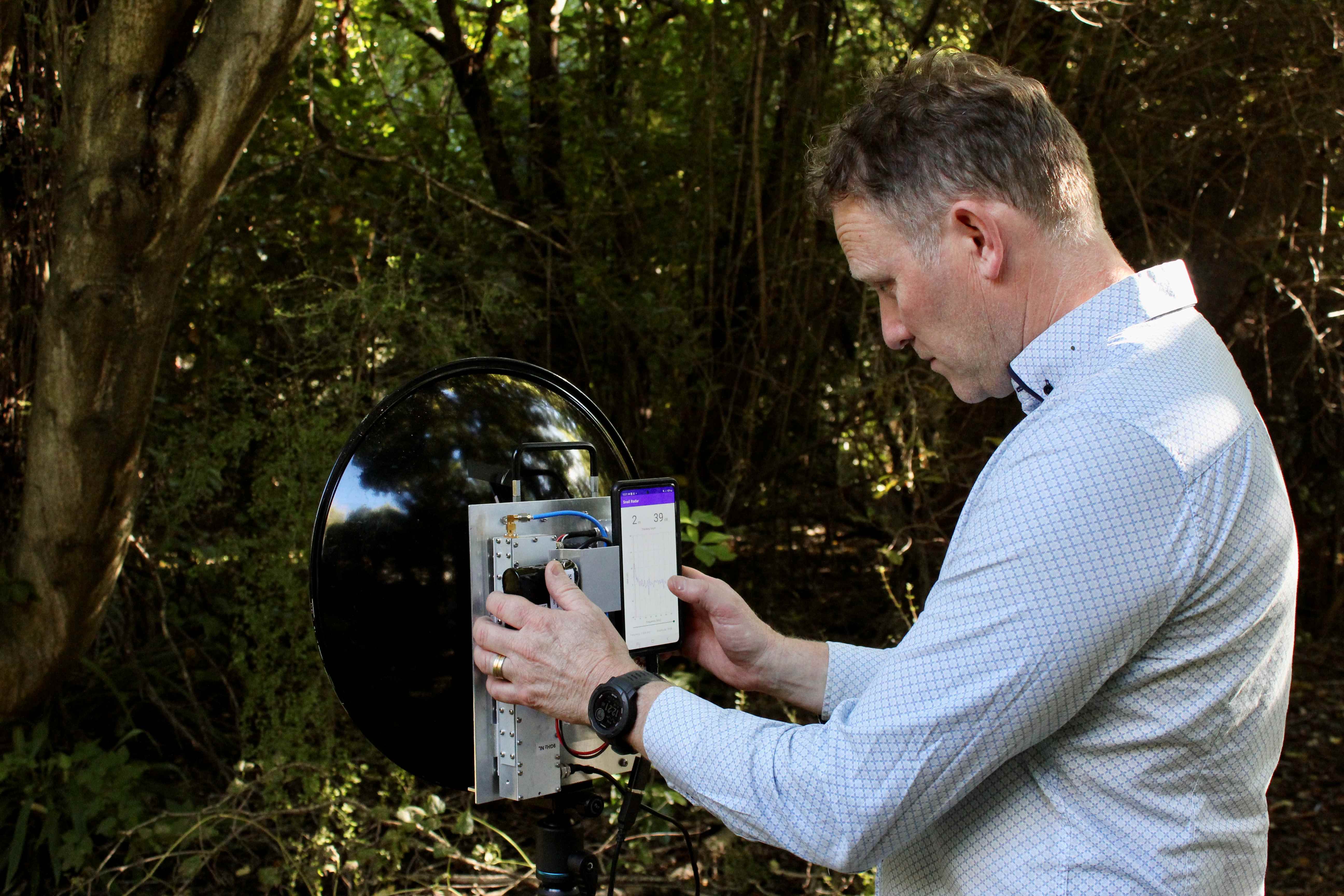
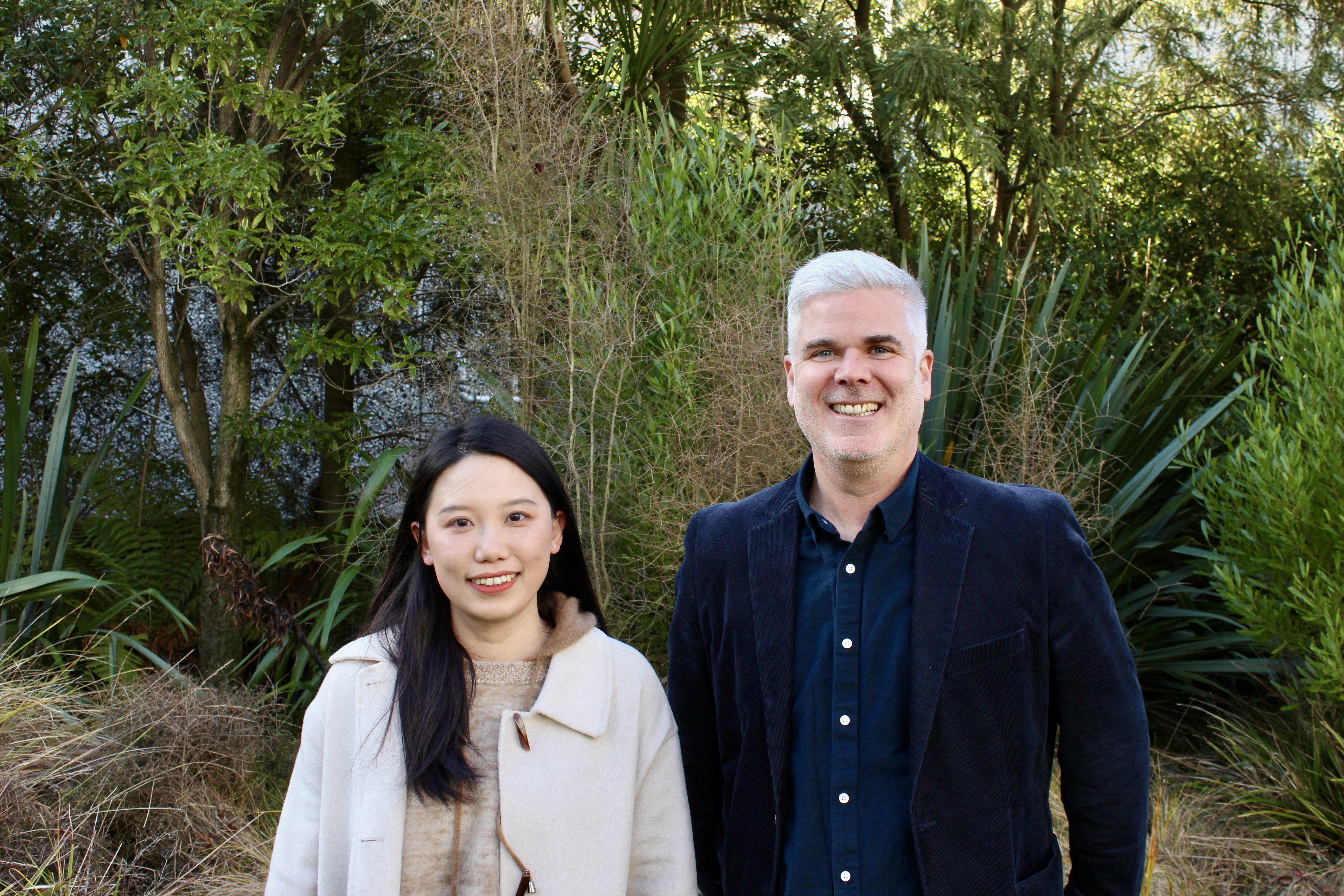
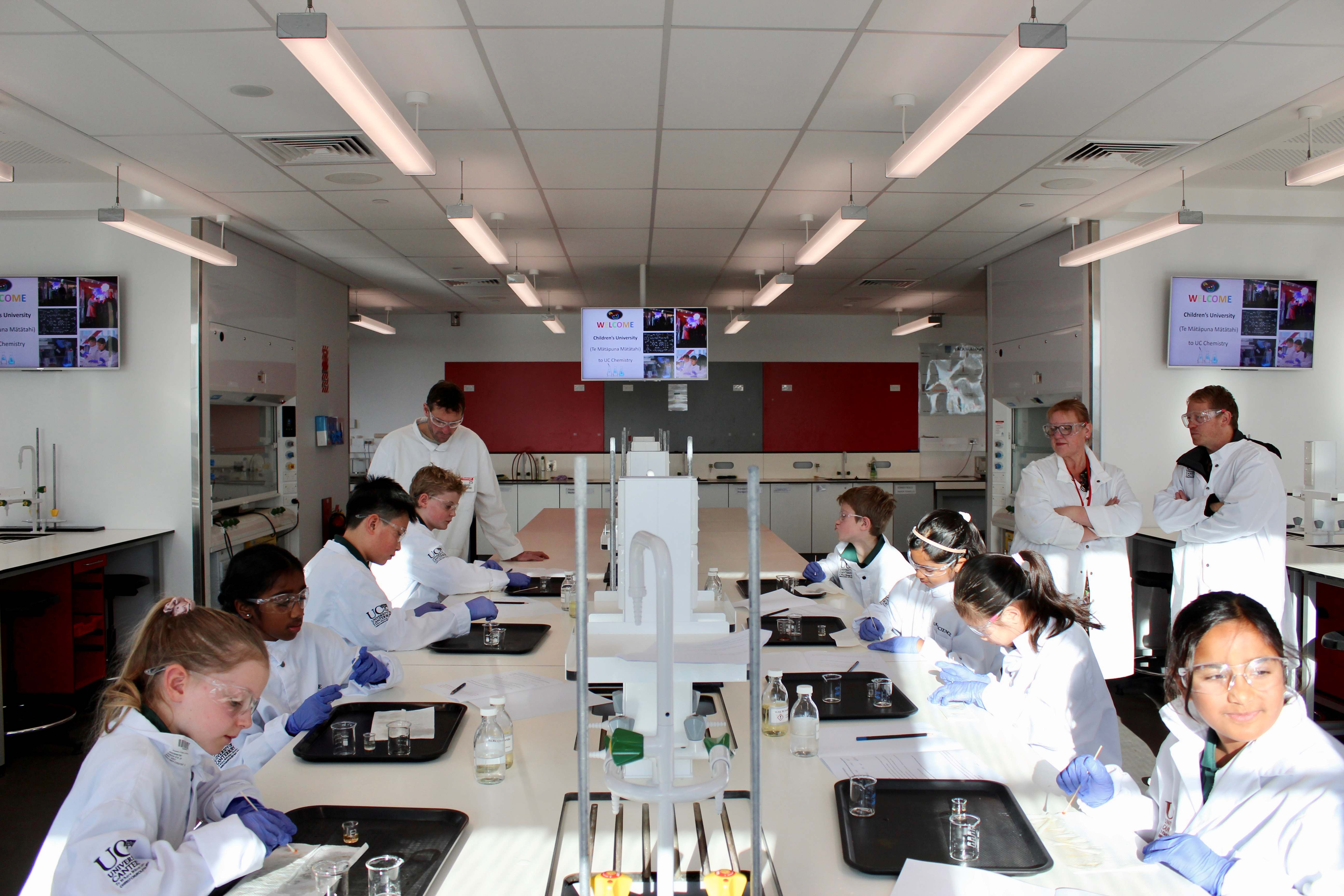
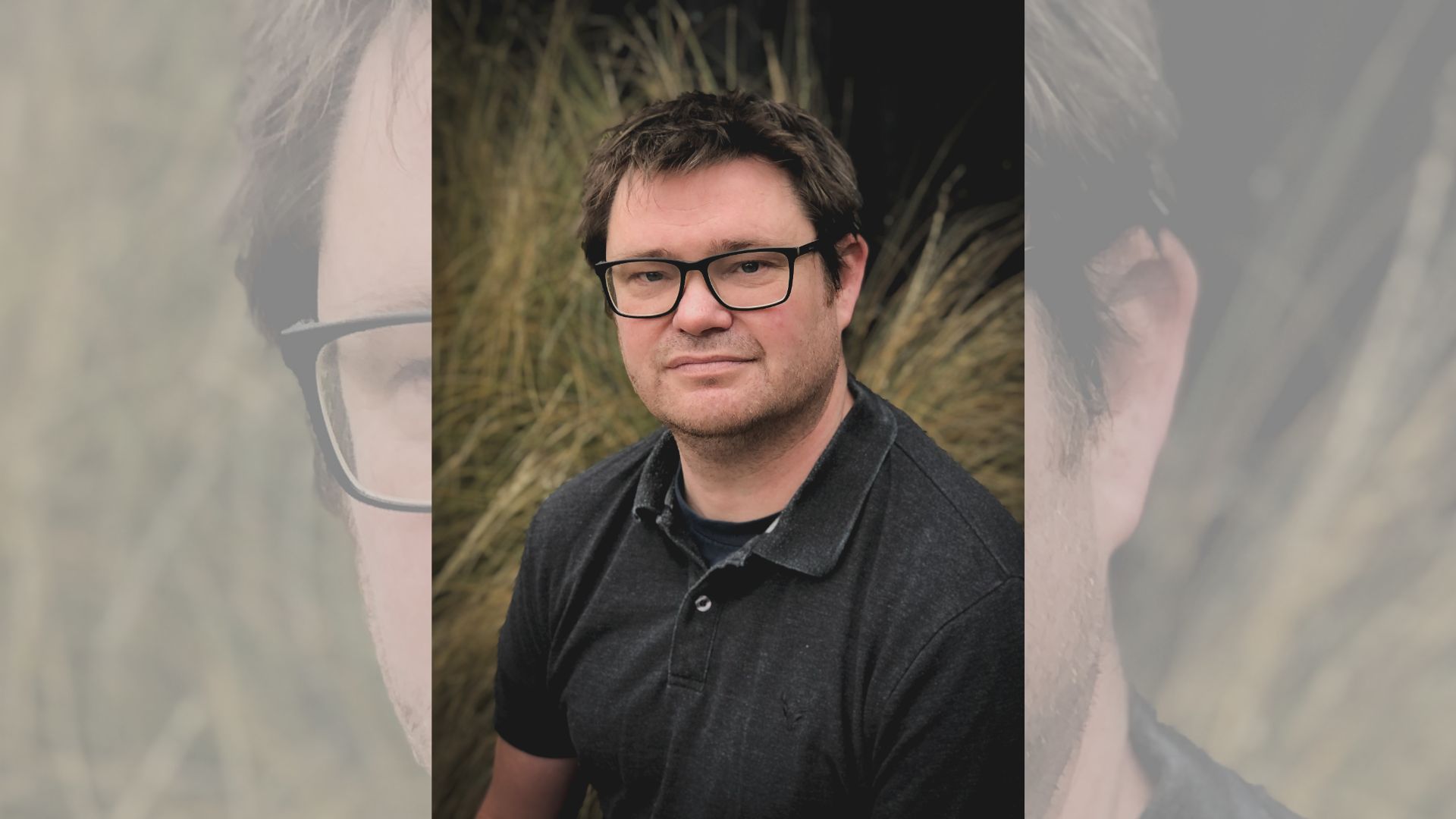
%20photo%20credit%20Angus%20McIntosh.jpg)

